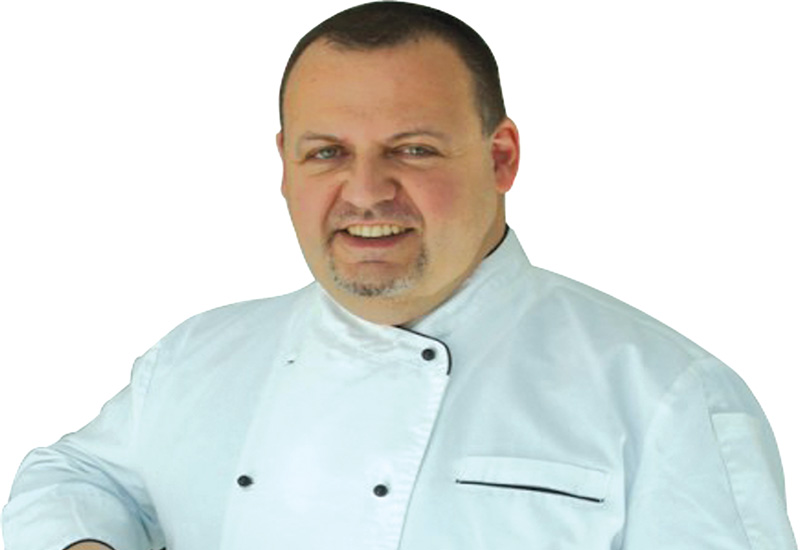Travelling recently, a billboard message struck a cord within: “one day there will be no emerging markets!” it read. Then what?
Where does the labour come from when all countries have equity on the planet, all are competitive, all have democracy and everyone believes in equal pay and rights?
Often unspoken about – it is true that much of the success of the Middle East has been on the back of cheap labour; fairly paid by regional standards but not necessarily global standards.
What happens a decade from now when cheap labour dries up and everyone demands competitive wages? How then do we judge the best from the rest? And how are we training our workforce today to establish that differentiation?

| Advertisement |
Another point that raises a question in my mind is the emergence of “for profit” education. When I came through the ranks there was no such thing. But today education for chefs is big business.
In the past few months a close friend of mine – a chef lecturer – was fired from a teaching position of seven years, not because he/she was poor in their role but because the company that owned the cooking academy in Chicago was owned by Goldman Sachs.
Losses on Wall Street meant culling jobs further down the line, rather than chopping bonuses for those who caused the damage. Chef lecturers – an easy target; tomorrow’s kitchen generation – the true losers.
This brings me on to the most threatening force to our industry: MasterChef and television shows like it. Those two words now on any CV now seem stupid, unless you actually appeared on the show! The content is not so much the problem, it’s the premise that worries me.
Anyone can cook, but not everyone can be a chef. This programme tries to tell every librarian or accountant they can become a MasterChef, wearing sneakers, jeans and jewellery. They denigrate our industry standards by ignoring the basic health code – why do TV chefs never have to wear hair nets?
Gloves are forsaken for ratings and when did jeans and sneakers become industry accepted? Thirteen weeks is apparently all it takes to learn what most us have spent a lifetime trying to attain.
Education “for profit”, and MasterChef, do not even come close to giving a taste of the real life of a chef. Neither make the participant spend the first week washing dishes, the second week cleaning the floors before putting away the stores, cutting the bread, washing the salad leaves and doing all the basics we feasted on in our hungry early apprentice days.
So what of the future when the playing field is equal for us all? Who then makes up the next generation of chefs? Ill-informed, uneducated, television viewers? Or students who have paid to be the next executive chef without any real floor time in the galleys of the world’s busiest kitchens?
I believe in investment, but in the right places. The region, with its ability to build massive structures of awe, with money that flows somewhat freely, should invest in the one thing it wants to become: the tourism centre of the planet.
What we need is an unbranded, massive training facility that encompasses everything culinary, offering proper apprenticeships and training. If anyone can bring the best here it is us.
Something this big can’t happen overnight, but if enough of us talk about it hopefully the Middle East can one day return some credibility to the title MasterChef.
Aaron Maree is the executive pastry chef at Blossom Sweets in Abu Dhabi. He has authored 15 pastry cookbooks and has worked as a consultant for some major worldwide brands.









 Search our database of more than 2,700 industry companies
Search our database of more than 2,700 industry companies










Aug 17, 2013 , United Arab Emirates
Not so sure, if the UAE are really so "less competitive" when it comes to the overall package. I do only think, that there should be more flexibility, when it comes to the package. Instead of luring someone with AED 1500 plus accommodation and all, it might just make sense to offer AED 5000 witho...
Nov 19, 2012 , Italy
Aaron, If the middle east wants more Master Chefs and higher disiplines, Then, All the countrys in the middle east, including the UAE "Need to hire great Chefs over the age of 40", and stifle "Age Discrimination" which is present policy in the middle east. That isn't to say that there are not tal...